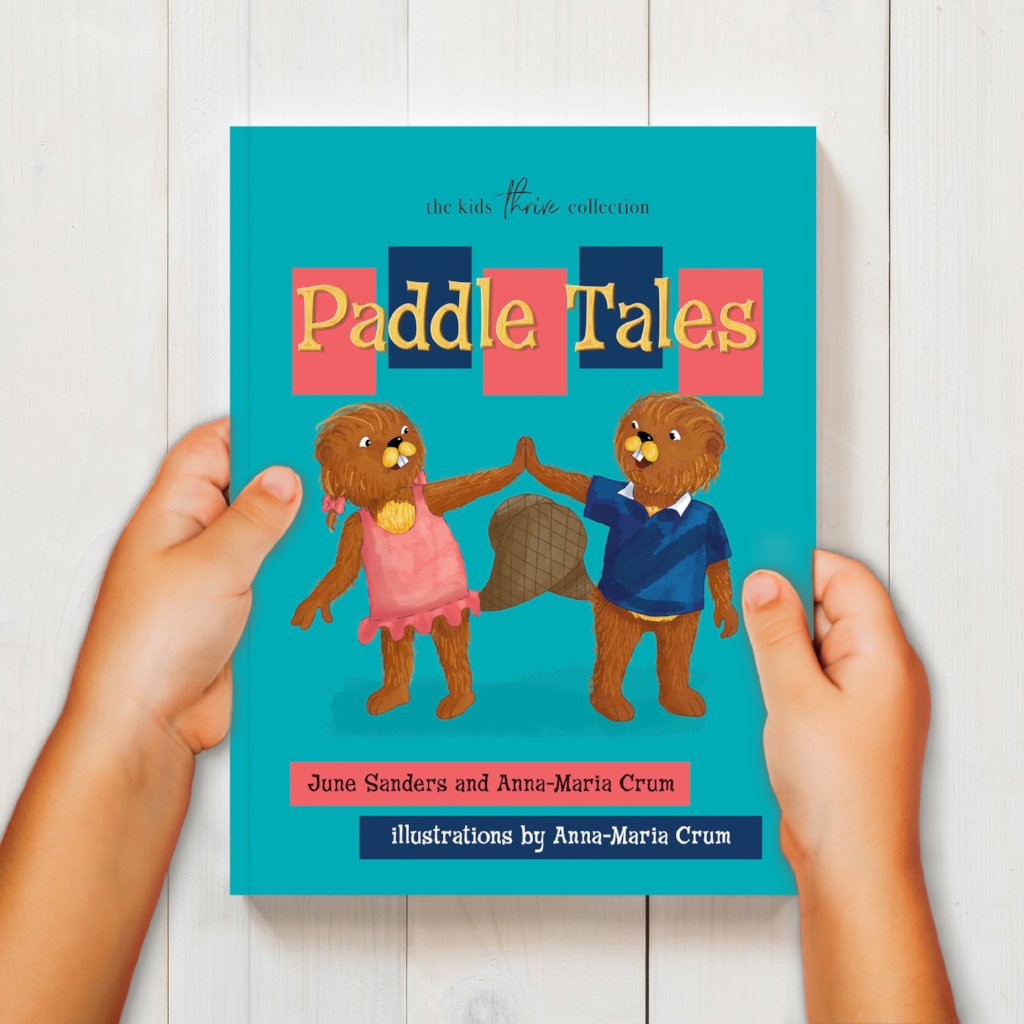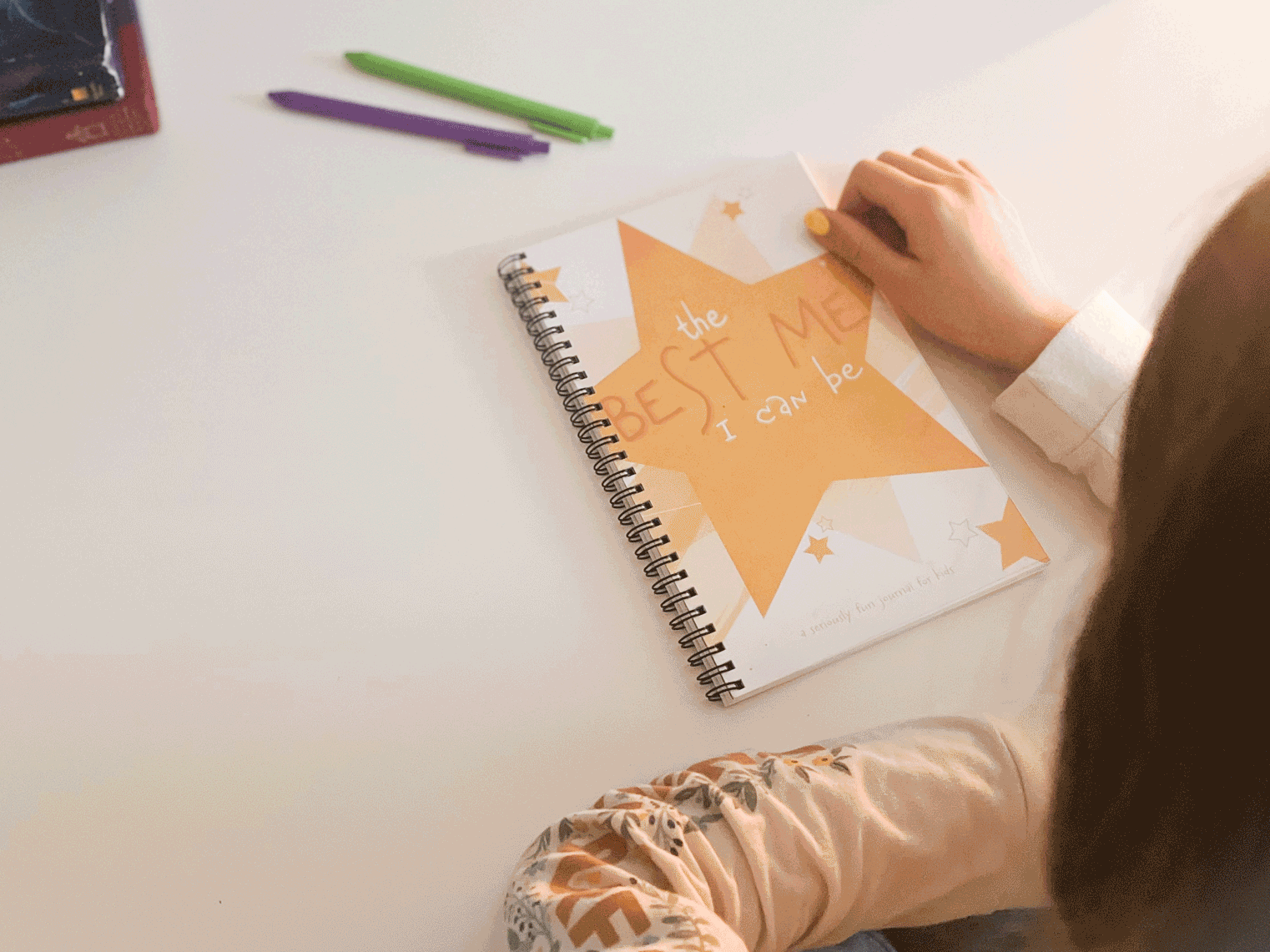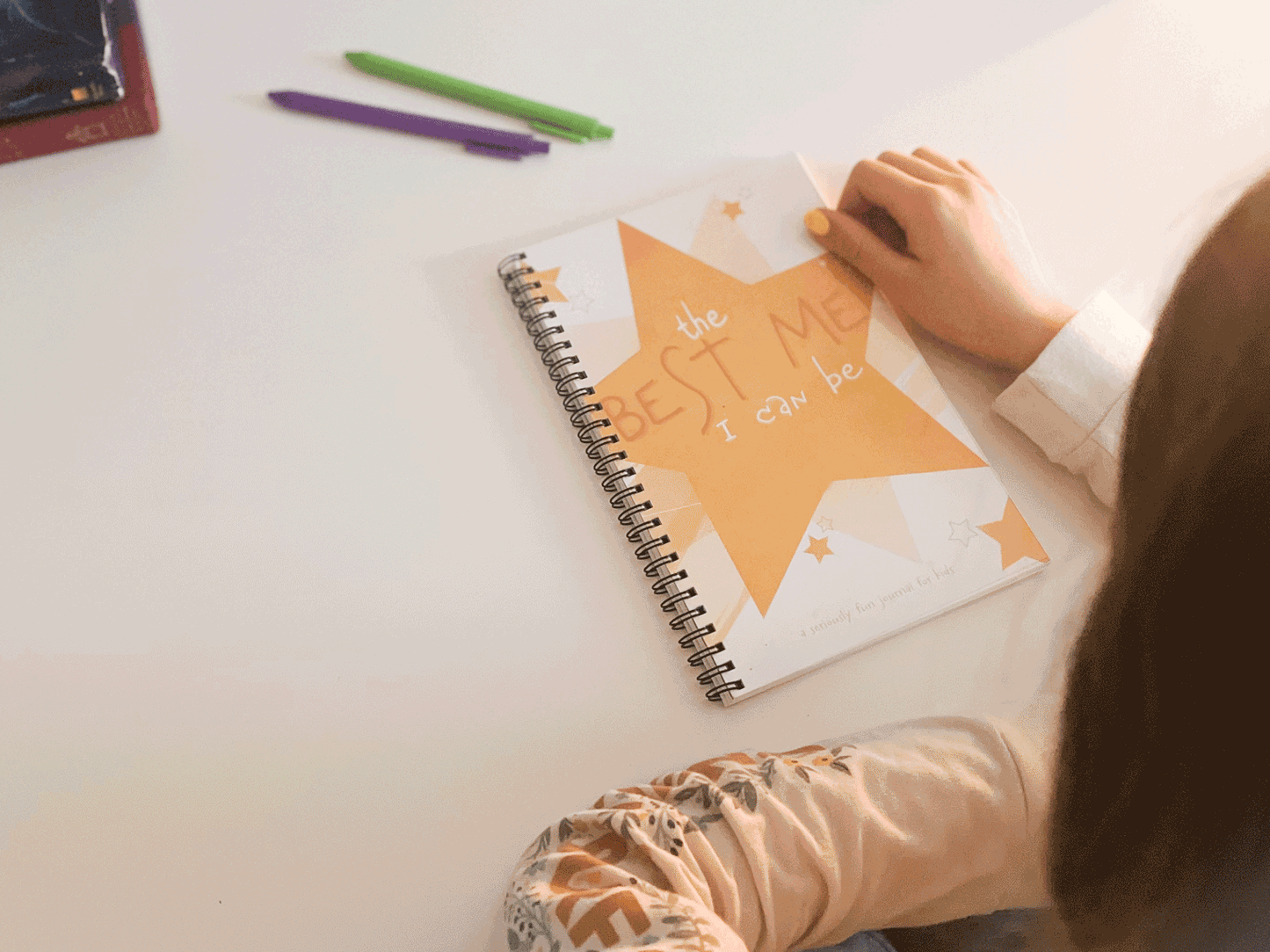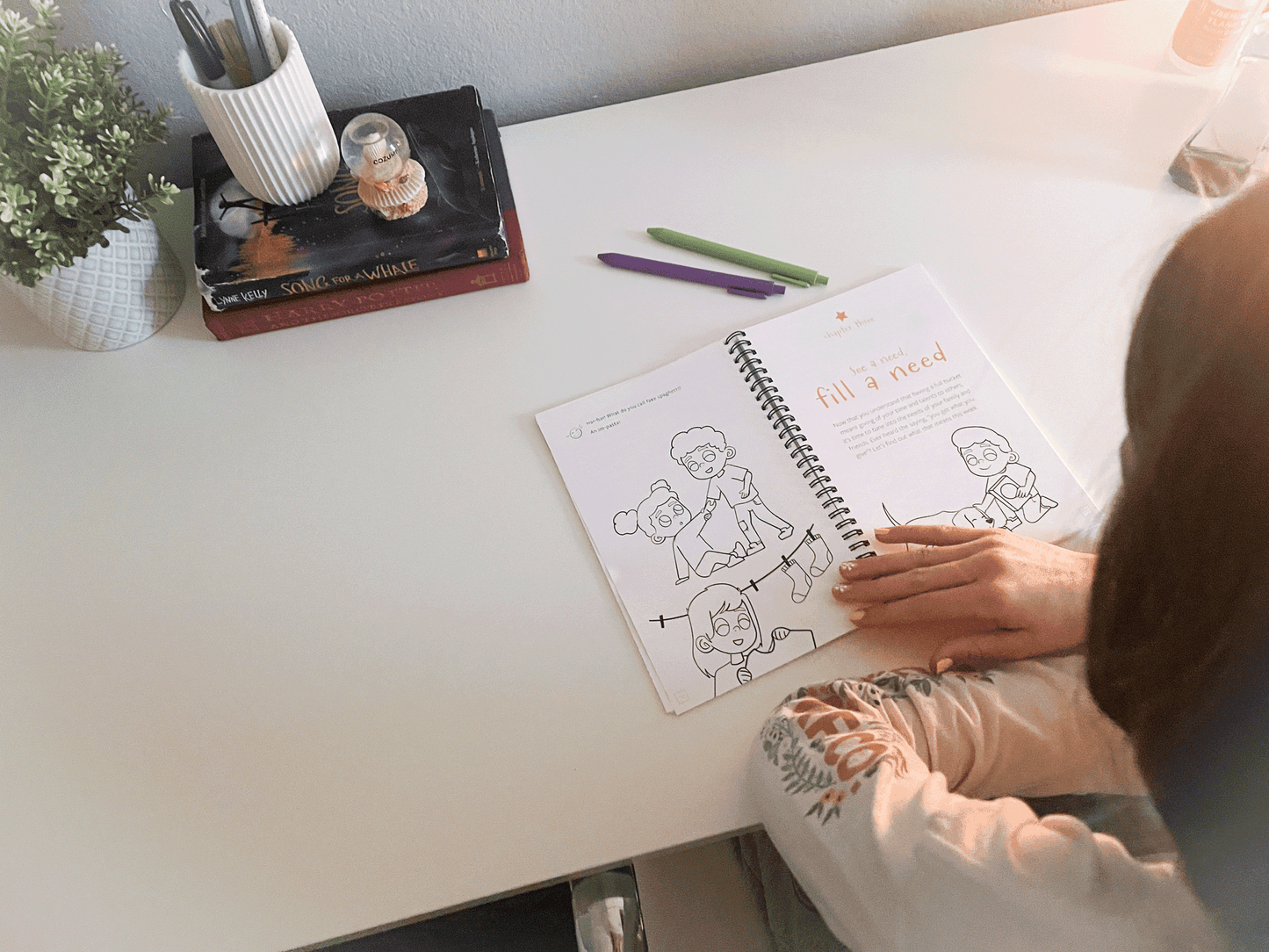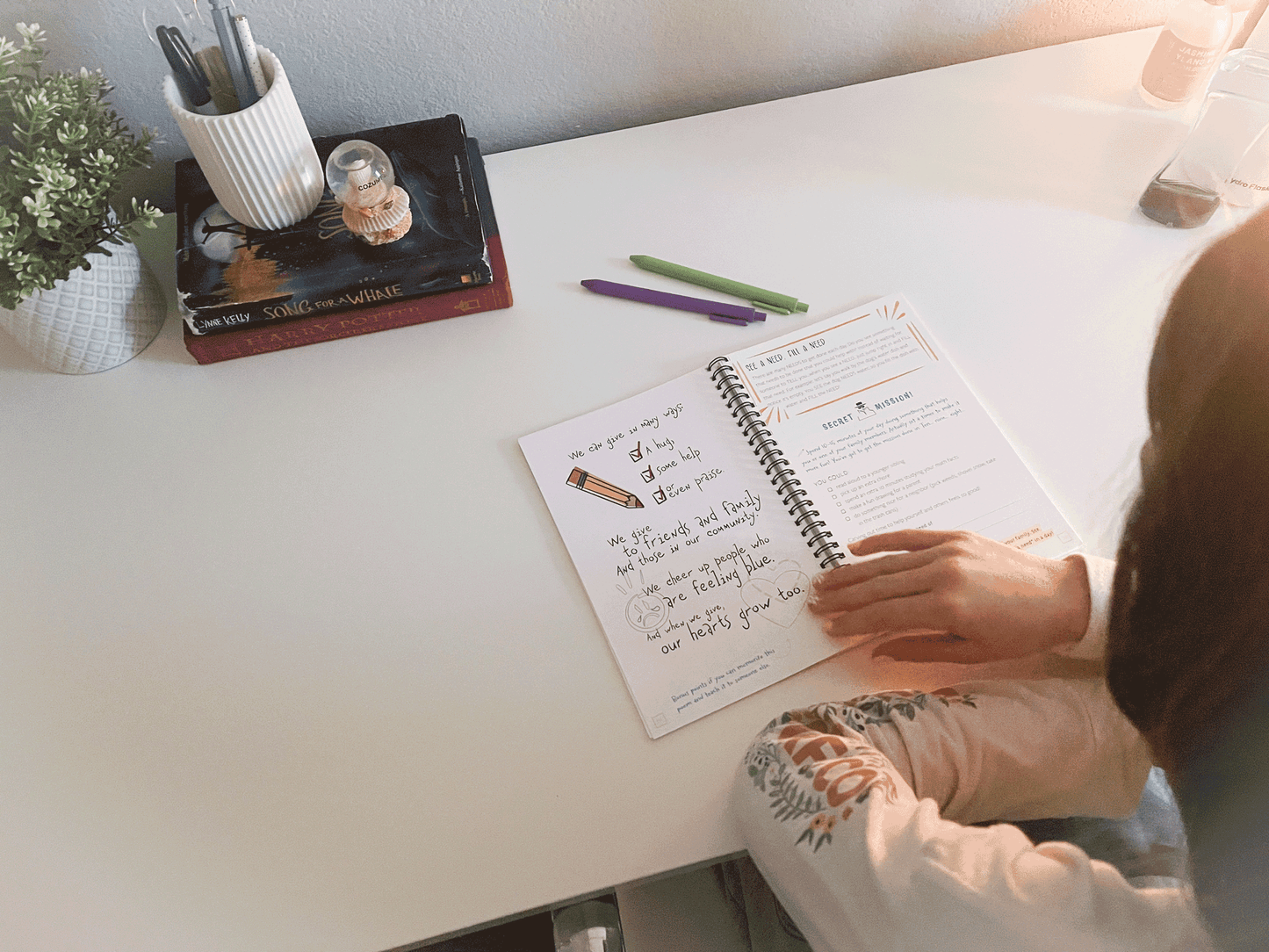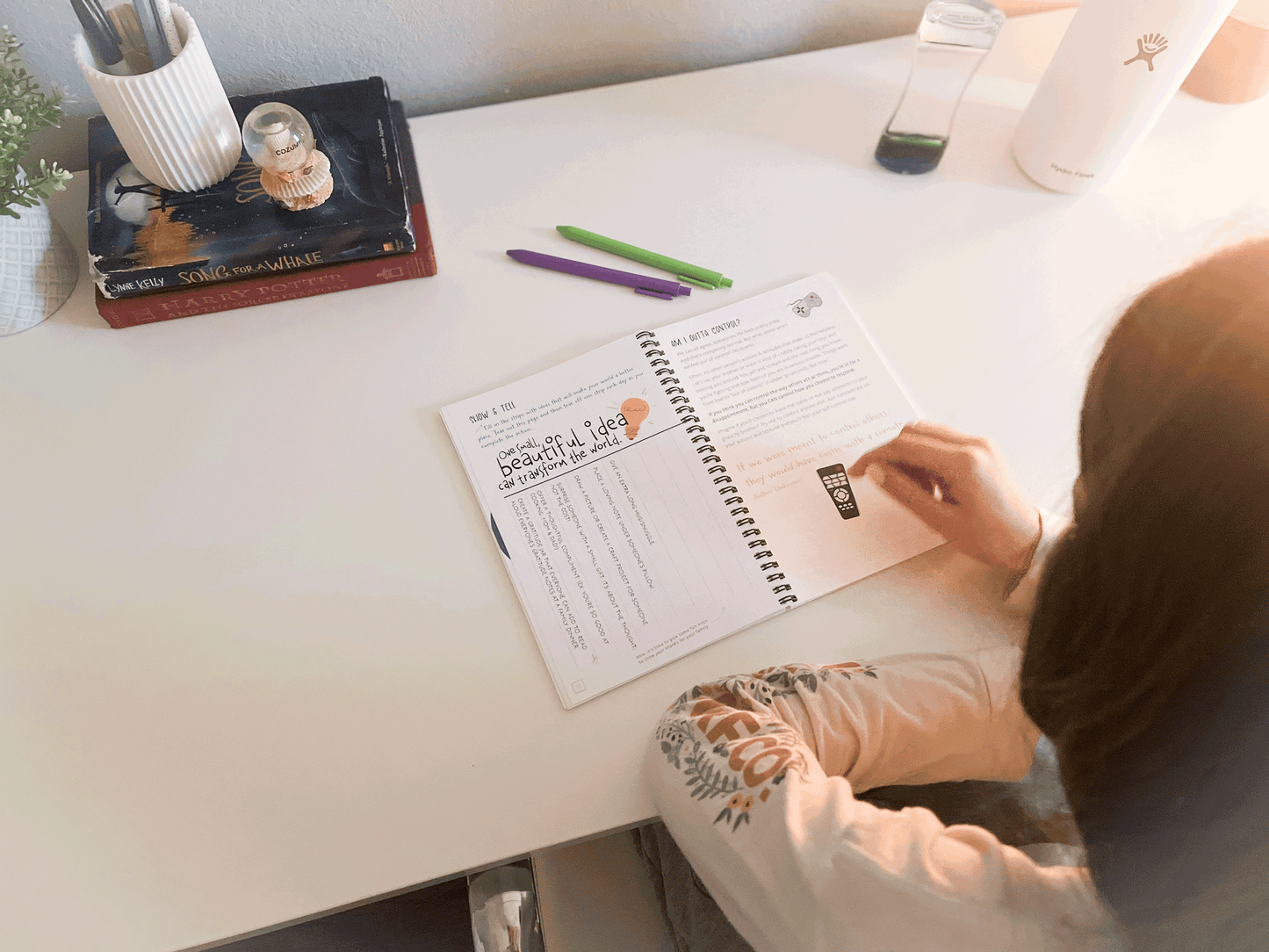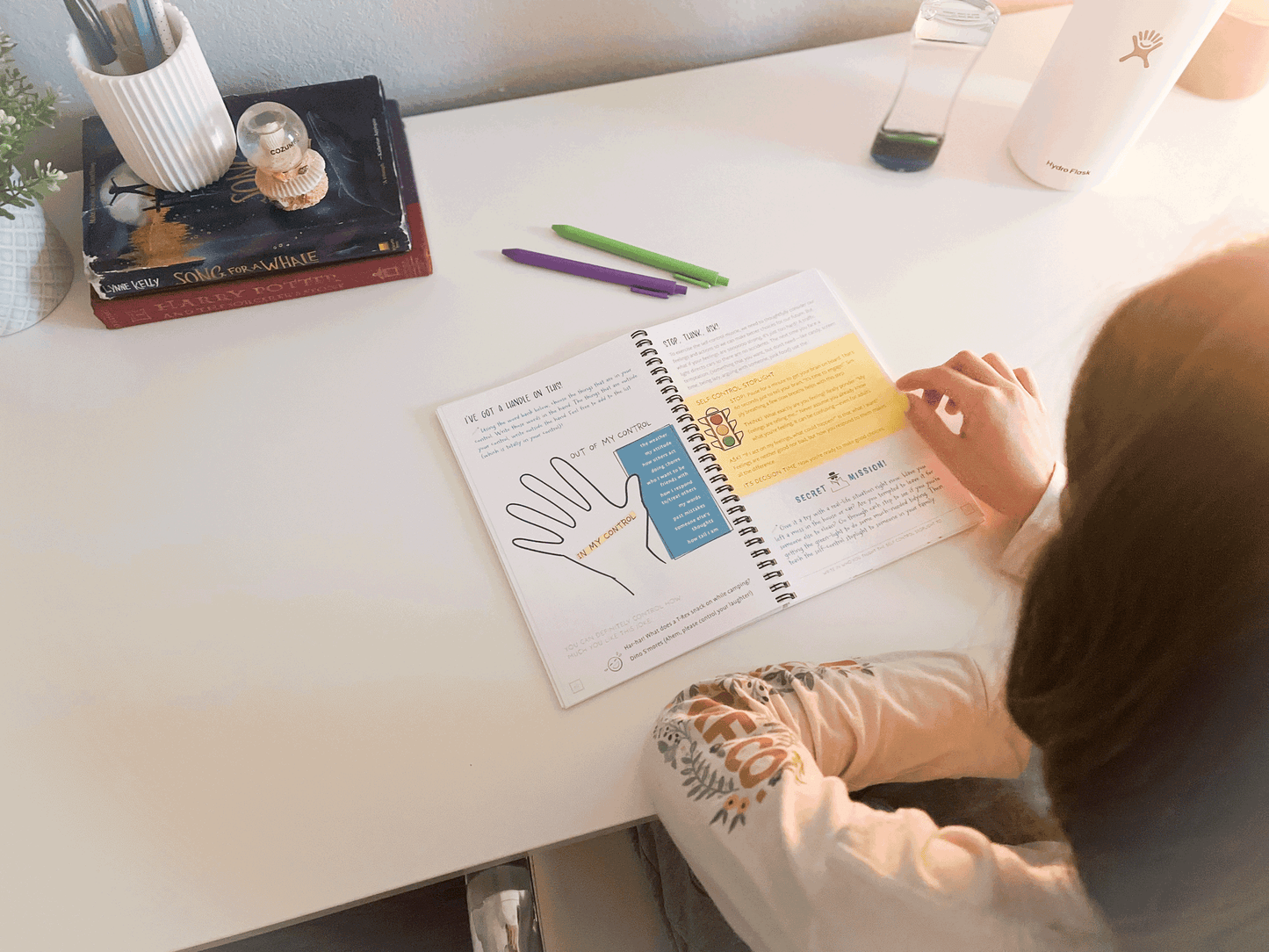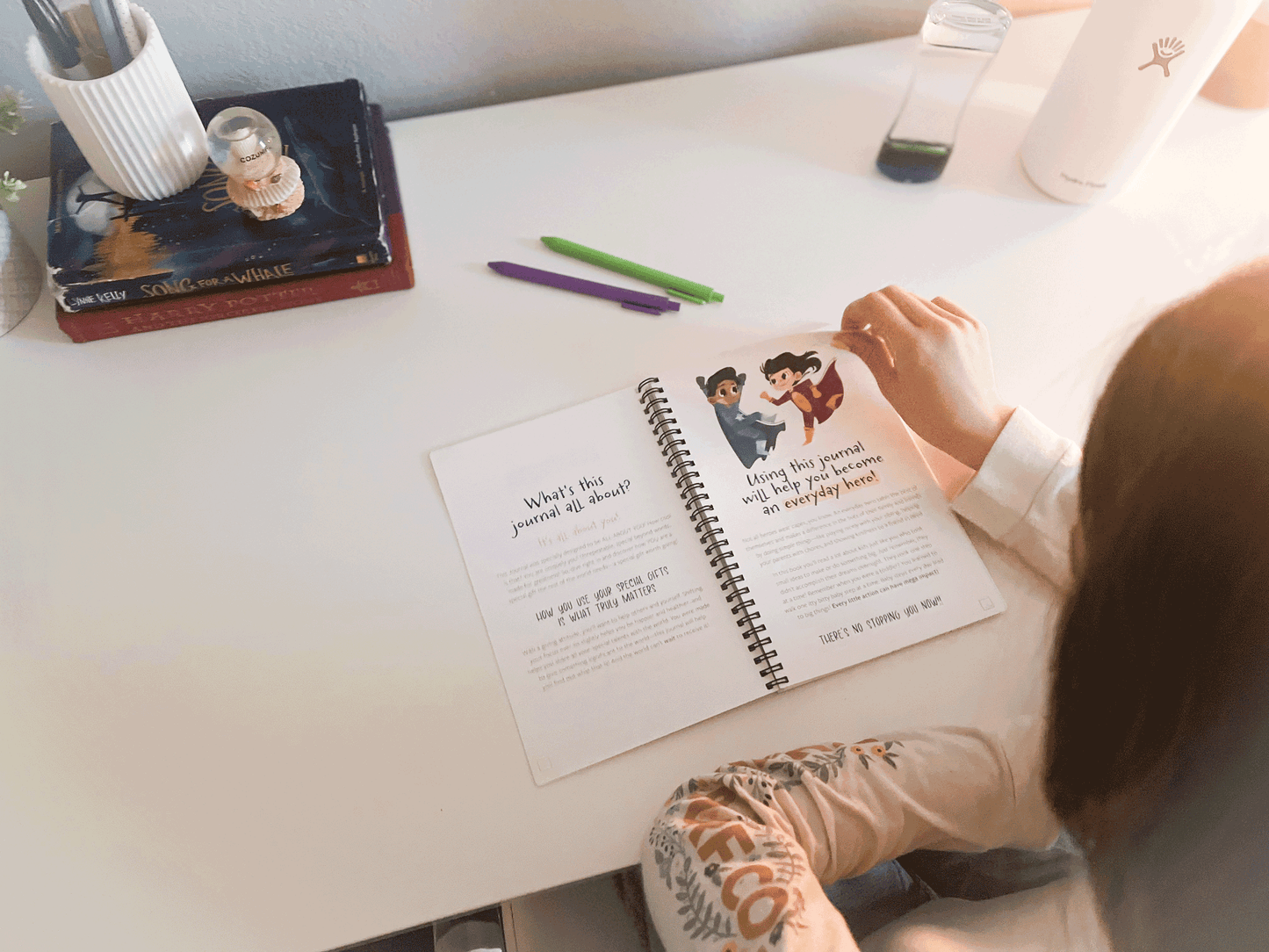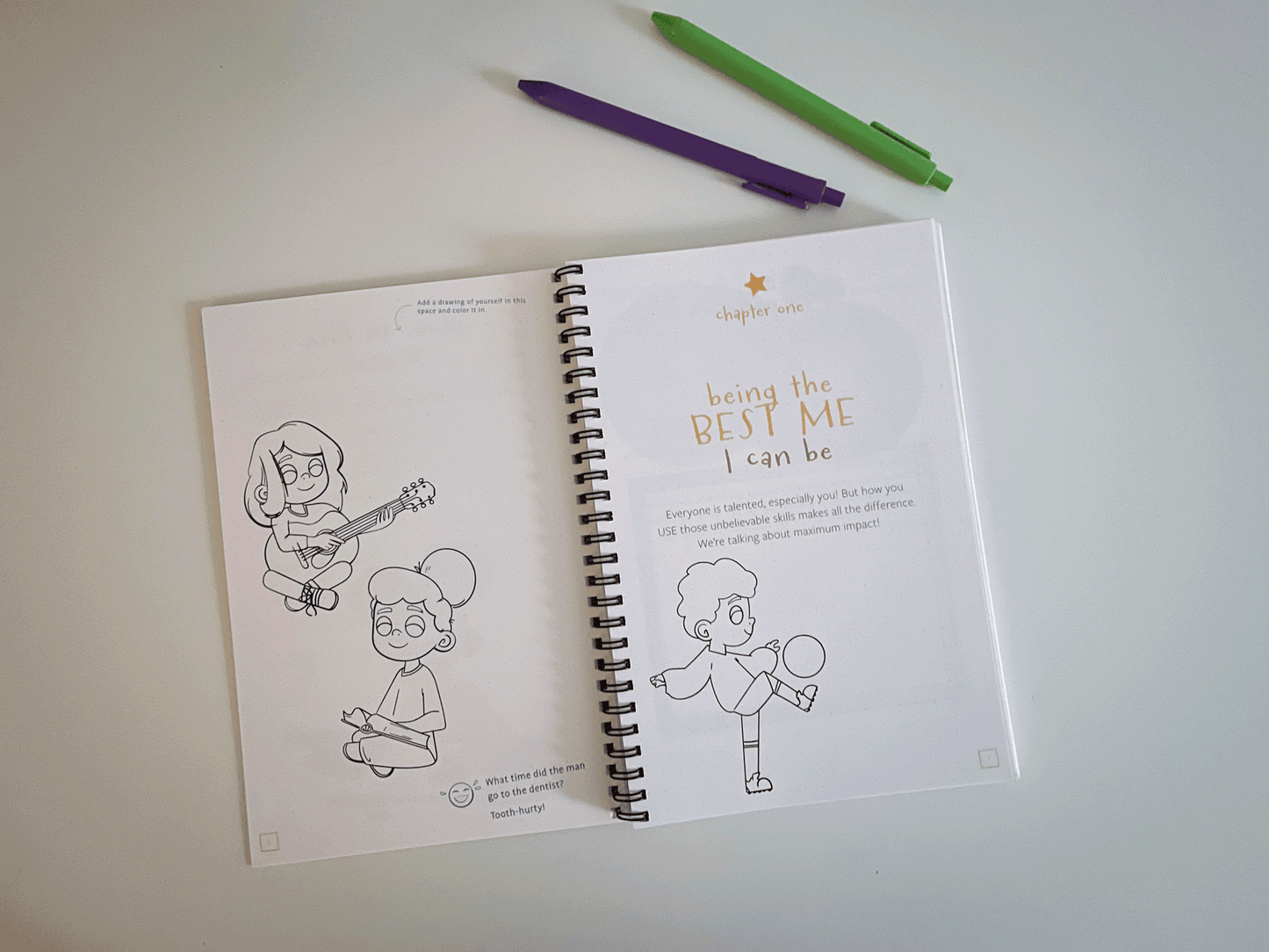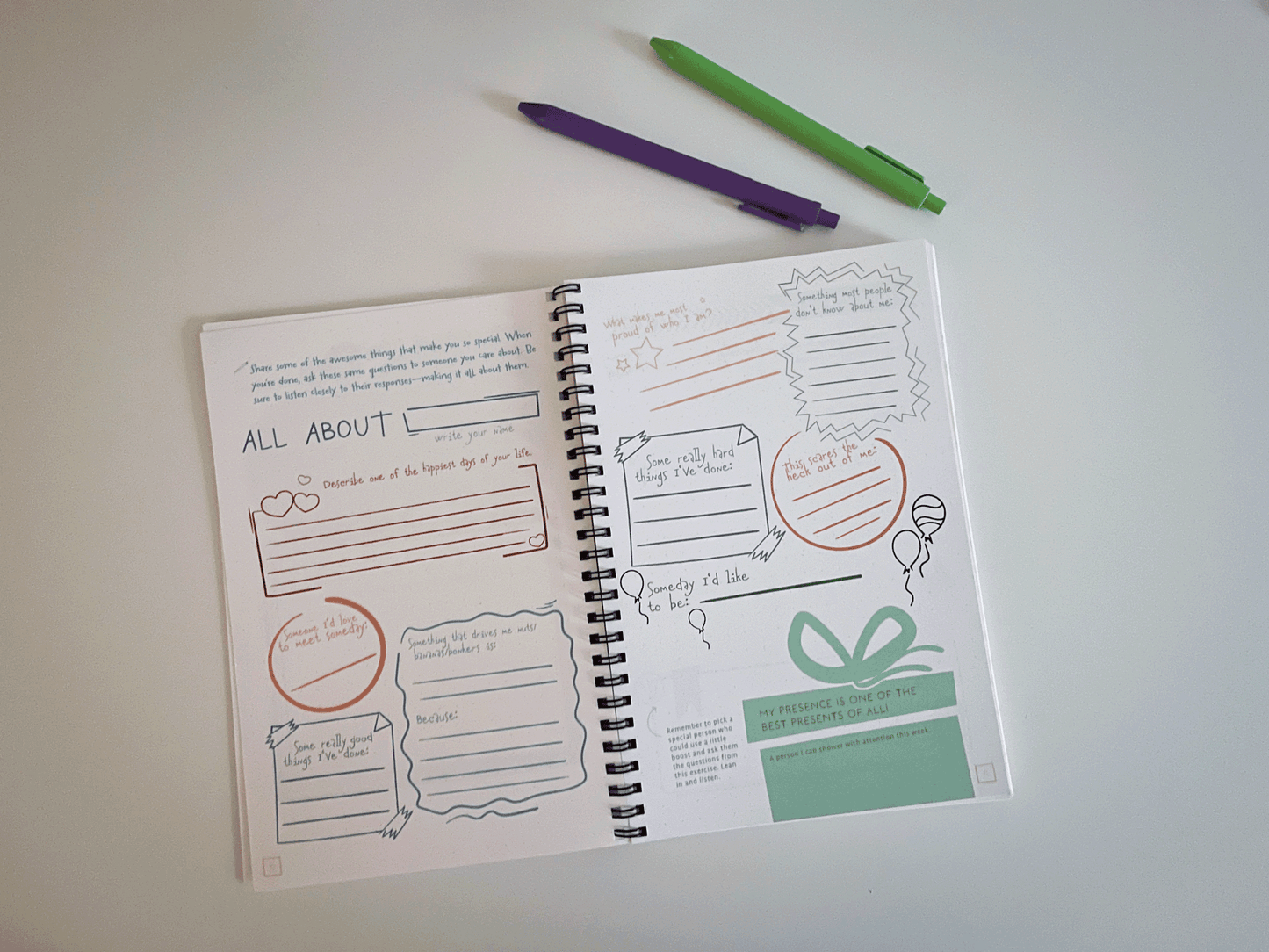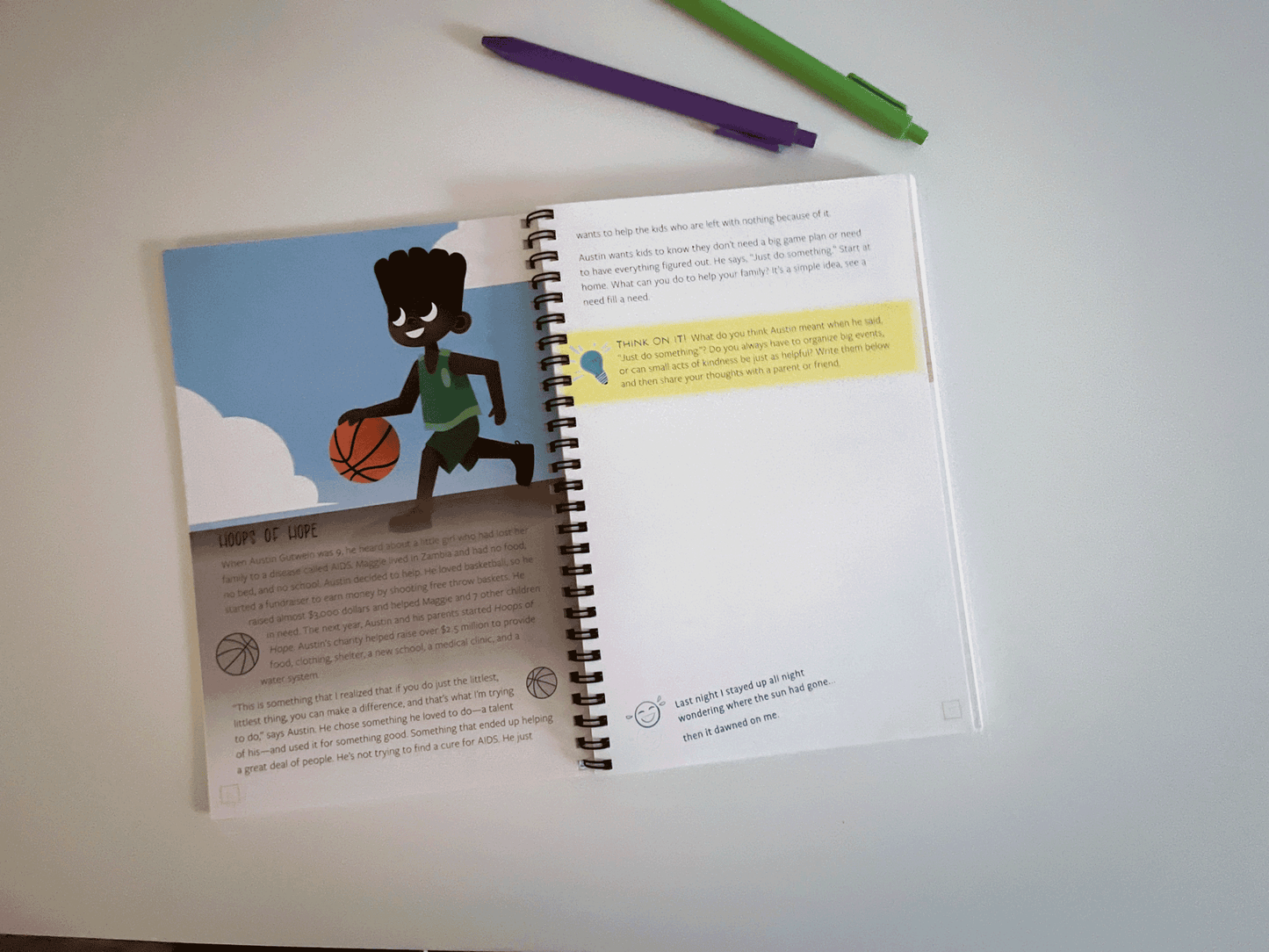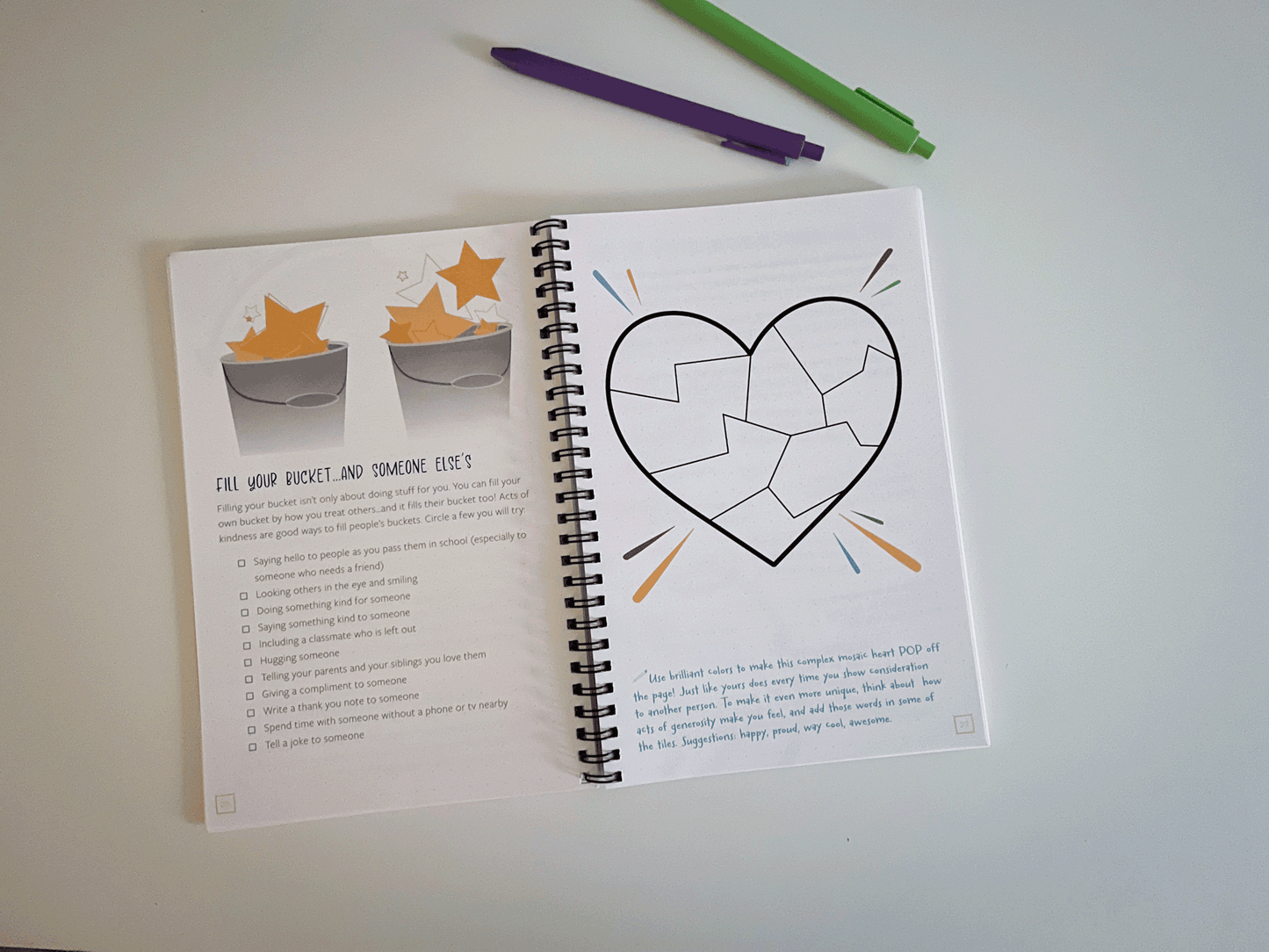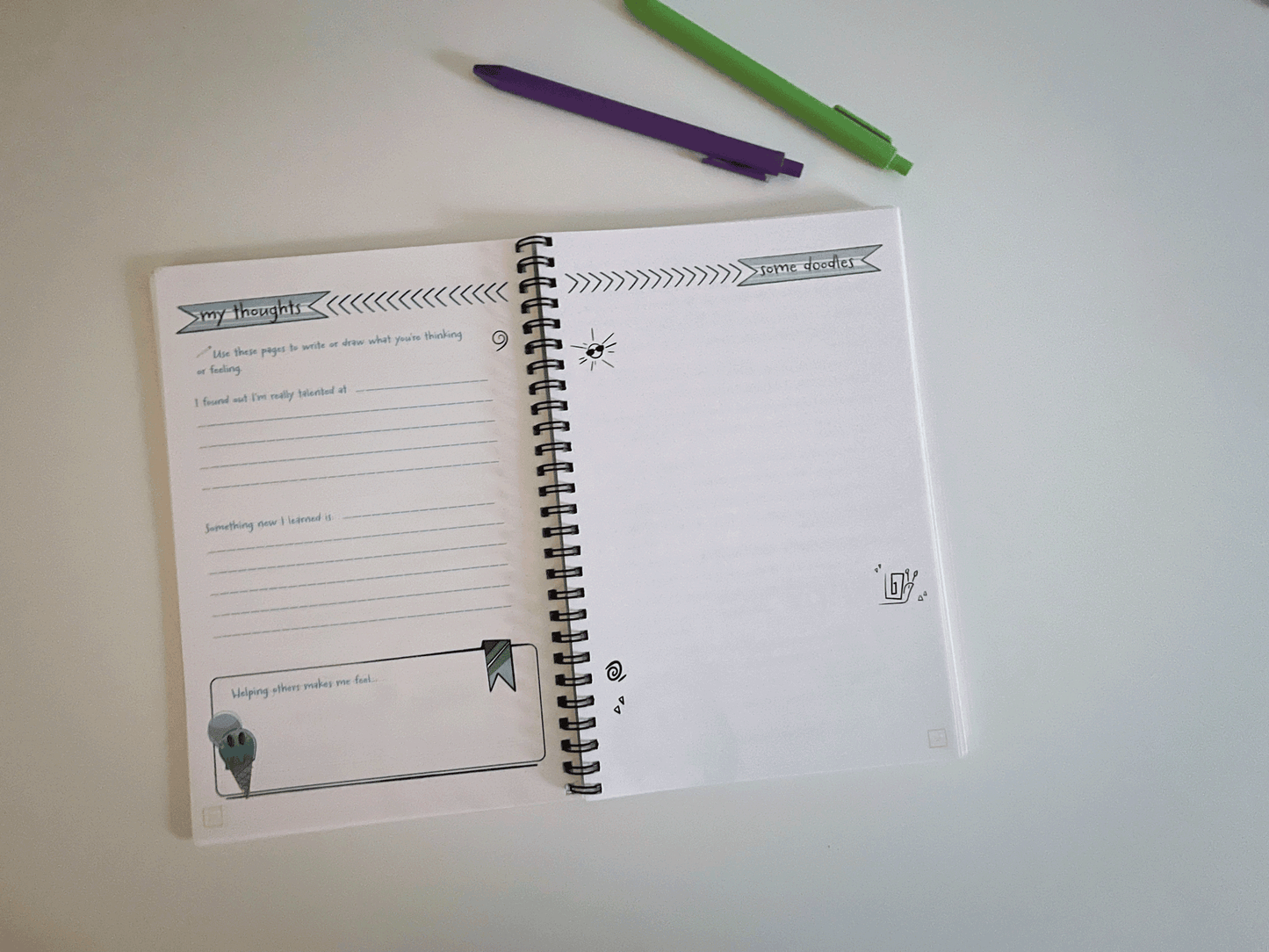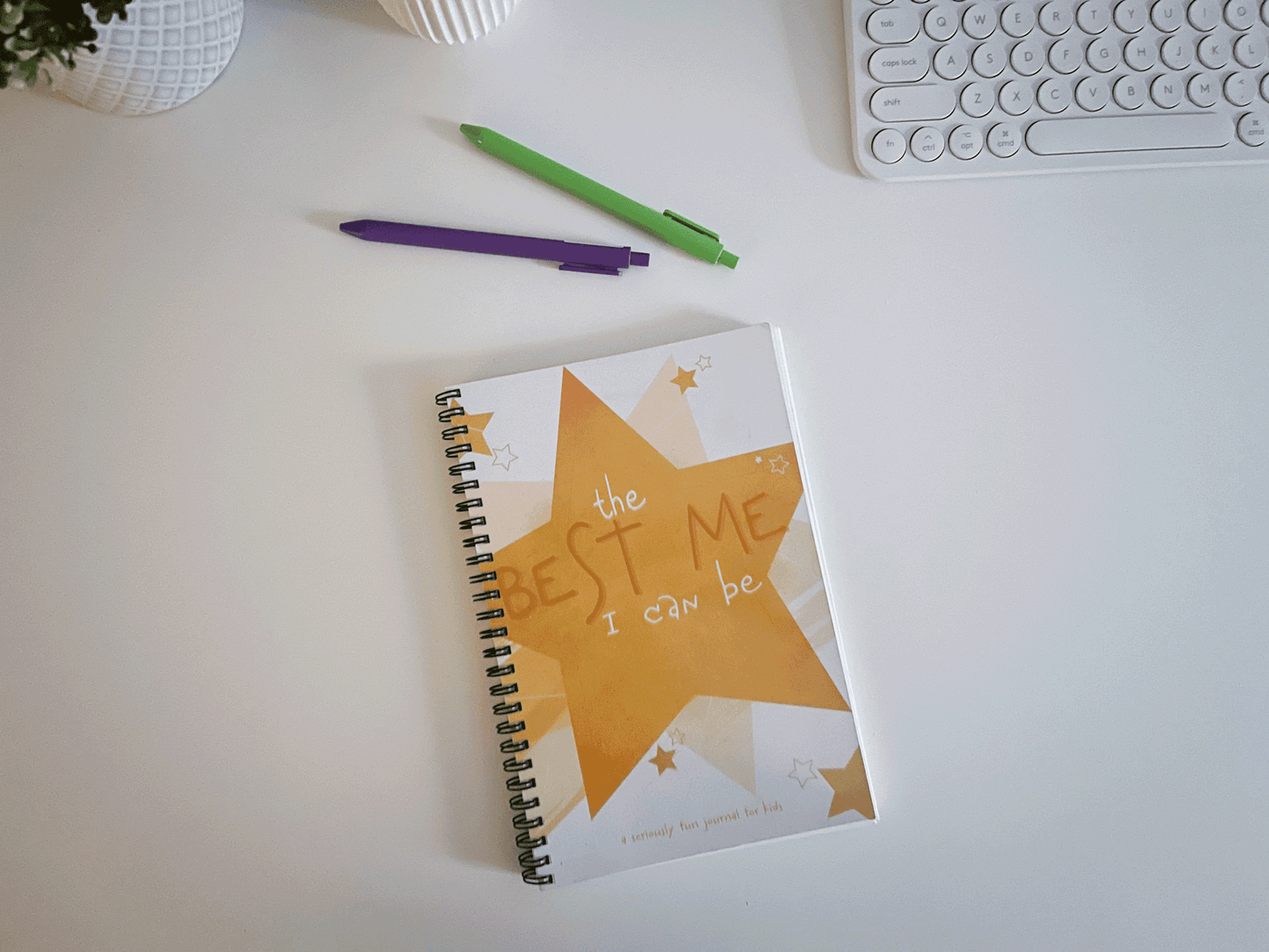GOOD HABITS THAT MAKE UP CHARACTER—A UNIVERSAL LANGUAGE
Steven Markel“Happiness is having a large, loving, caring, close-knit family… in another city.” That fun little quote is compliments of an old-time comic, George Burns. But we can all relate to it today, right? We laugh a little too hard because he’s tapping into a profound notion—families may share a whole lot of DNA, but that doesn’t guarantee that they will agree on much more than that.
Often each member of a family has a different experience, outlook, and opinion. In fact, our whole world is made up of people who are uniquely individual. There’s a reason families like places that serve 31+ flavors of ice cream. We all can’t possibly share the same likes or dislikes.
A married couple may be very compatible but that doesn’t mean they’re exactly alike. Each person is distinct and formed by his or her:
-
Upbringing: influences like family, friends, peers, schools, churches, media, neighborhood, geographic location, and many other factors.
-
Personality: likes and dislikes.
-
Temperament: Choleric, phlegmatic, sanguine, melancholic.
-
Nature: Men’s—Defend and protect. Women—Nurture
-
Nationality: Cultural differences
Being individual and unique is something to be celebrated. Yay!
But don’t get too cocky about all those differences. When being an individual goes to an extreme and leads to individualism—Houston, we have a problem! The definition of individualism is a feeling or behavior of self-centeredness; egoism. Individualism puts self-interest and fulfillment ahead of the greater good of others. i.e. family, community, and country. “This makes me happy and if it bothers you—well, tough turkey!” That makes for a really fun family dynamic. Not.
Individualism seeks to destroy unity and joy. When individualism creeps into family life, “silos” of individualism get created, creating a serious rift among family members. Even though the family shares the same last name, genetic makeup, and lives under the same roof, suddenly there’s not much togetherness or peace— family members just, “do their own thing”.
The good habits that makeup character (such as orderliness, respect, responsibility, gratitude, generosity, honesty, and others) become the universal language that promotes sustainable happiness and real community.
How does this happen? A common, or universal language leads to a better way of relating to one another. If we’re all speaking in different languages, it just doesn’t compute. However, when individuals work on replacing a bad habit with a good habit the results are life-changing! They become more focused on others rather than themselves. Each individual strives to be the best version of themselves for the benefit of others.
They begin to speak a universal language.
When a family is intentionally working together on growing in a particular habit it leads to greater unity, ease, contentment, and hopefulness—things every family desires, especially when living in the same city!
